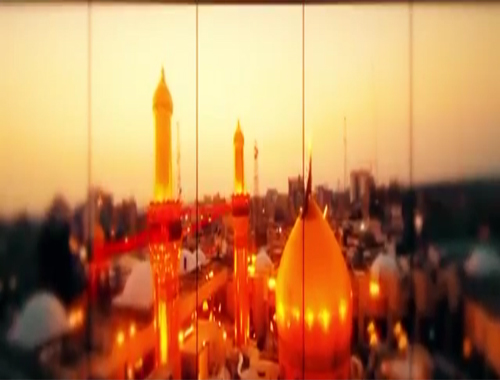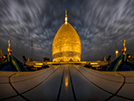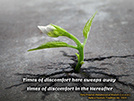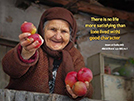verse26
- Details
- Hits: 2215
(26) قَالَ فَإِنَّهَا مُحَرَّمَةٌ عَلَيْهِمْ أَرْبَعِينَ سَنَةً يَتِيهُونَ فِي الأَرْضِ فَلاَ تَأْسَ عَلَى الْقَوْمِ الْفَاسِقِينَ
26. " He (The Lord) said: ' So it (the Holy Land) will surely be forbidden to them for forty years that they will wander about in the earth, therefore do not grieve for the rebellious people."
Commentary:
The Arabic term /yatihun/ is derived from the word /tayaha/ with the sense of ' wander '. But, in the lapse of time, the word /tiyah/ was applied for the plain of Sinai. It has also been called to the place where that group of people (the Israelites) lived for forty years without having the material and spiritual merits of the ground.
" He (The Lord) said: ' So it (the Holy Land) will surely be forbidden to them for forty years that they will wander about in the earth, therefore do not grieve for the rebellious people."
The story of the disobedience of the Children of Israel and the Divine Wrath, and their wandering state in Tiyah is mentioned in the Old Testament, Numbers, Chapter four.
According to a tradition stated by Imam Baqir (a.s.), after wandering for forty years and losing Moses and Aron (a.s.), the Israelites arrived the zone by a martiel attack, and their seeking comfort had no result for them but retardation and wandering.
Imam Baqir (a.s.) has said that there will occure a similar situation for Muslims, like what happened for the Children of Israel.
Explanations:
1- The recompense of showing shortcoming and despicableness, and also that of disobedience from the commandment of Allah, and escaping from the Holy Struggle, is such deprivations and vagrancies.
2- Wandering state is a kind of punishment for the evildoers, while having the merit of light and discrimination is a kind of present for the righteous ones.











